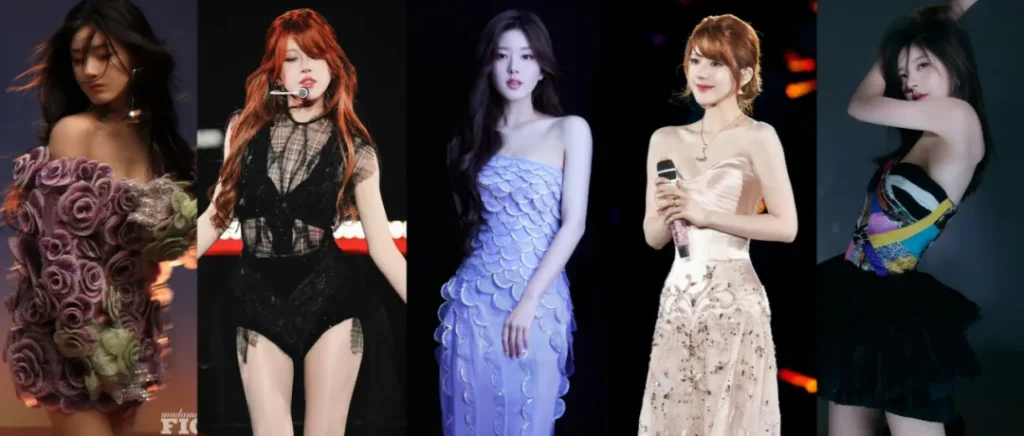On November 8 in Chengdu, Zhao Lusi stood on stage with a cane and announced the launch of her personal studio — a moment she had been waiting for an entire year. Her voice trembled as she told the crowd, “Two months ago, I really thought I’d never be an actress again… Now that I can stand here again, it’s because of you.” Fans in the audience were moved to tears.

Over the past two years, Zhao Lusi has fallen from the heights of stardom into one of the darkest periods of her life. In late 2024, while filming The Lovers, she was photographed in a wheelchair after suddenly collapsing on set. Doctors later diagnosed her with severe depression and anxiety. Long-term overwork and constant stress had taken a toll on her body — dizziness, nausea, joint pain — while personal tragedies hit her simultaneously: her father was diagnosed with cancer, and she missed her grandfather’s funeral due to filming. “I noticed my depression years ago,” she later admitted, “but I was too afraid of disappointing my family, friends, and fans, so I just ignored it.”

By mid-2025, Zhao Lusi decided to break her silence. In a live broadcast and media interviews, she publicly accused her former management company, Galaxy Cool Entertainment, of workplace abuse and financial misconduct. She said she had been verbally and physically assaulted, and that the company had secretly withdrawn 2.05 million yuan from her studio’s account. She also revealed the details of a harsh “universal contract” she signed at 17 — a ten-year global agreement that severely limited her freedom. When the company denied the allegations, Zhao fired back with eight pointed questions in the comments: “What are you shocked about? What’s so unexpected? Have you replied to my message yet?” Her courage sparked nationwide discussion on artists’ rights and long-term contract exploitation in the Chinese entertainment industry.

Under immense pressure, Zhao chose to rebuild her life from the ground up. In August, she registered Chengdu Maning Enterprise Management Co., holding a 90% stake herself. The company’s business scope includes fashion retail and e-commerce, signaling her move toward independent operations. During her birthday concert in November, held in her hometown, she performed Black Veil Bride live and even remixed All Is Love into a Sichuan dialect version — a tribute to her roots. The 5,000 tickets were all free and could only be obtained through an online quiz, symbolizing her “rebirth through challenge.”
Her studio’s official statement read: “A new journey begins. The road ahead shines bright. This time, we start again.” The studio’s account has removed all traces of Galaxy Cool Entertainment, showing a new independent contact line and a Sichuan-based IP address — a clear declaration of freedom. Industry insiders praised her move as “brave yet calculated.” In an era of shrinking entertainment investment, Zhao chose to focus on recovery rather than rushing back into the spotlight — a rare and mature decision.
From a severely depressed actress who once lost her ability to speak and walk, to an independent artist who stood tall again on her own stage, Zhao Lusi’s journey of rebirth has just begun. She is no longer merely a heroine on screen — she has become the main character of her own story.